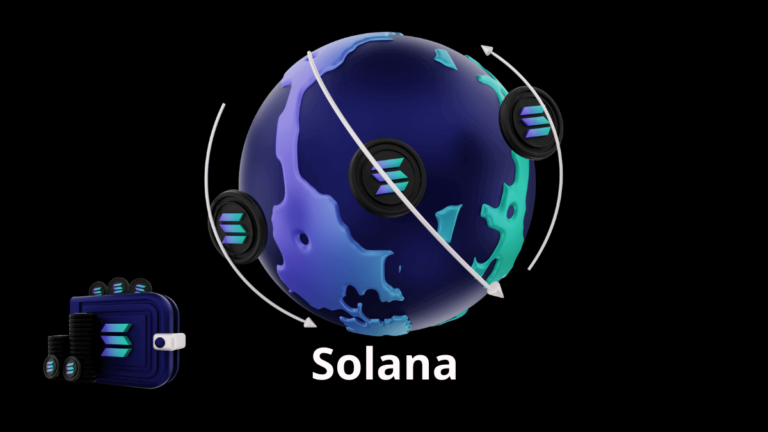An Introduction to Solana: The Fast and Scalable Blockchain
Solana is a high-performance blockchain platform that has gained significant attention for its speed and scalability. Unlike traditional blockchains, Solana aims to provide the infrastructure needed for decentralized applications (dApps) with low transaction costs and high throughput. In this post, we’ll introduce you to Solana, its founding team, and what sets it apart in the world of blockchain technology.
Who Founded Solana?
Solana was founded in 2017 by Anatoly Yakovenko, a former software engineer at Qualcomm. Yakovenko’s experience in developing operating systems and distributed systems played a crucial role in the creation of Solana. He was joined by Greg Fitzgerald and Stephen Akridge, both of whom brought valuable expertise in systems engineering. Together, they set out to solve one of the most pressing issues in the blockchain space: scalability.
What is Solana?
Solana is a blockchain platform designed for speed and efficiency. It can process up to 65,000 transactions per second (TPS) without compromising decentralization. This is made possible through a unique combination of Proof of History (PoH) and Proof of Stake (PoS) consensus mechanisms.
- Proof of History (PoH): This is a novel cryptographic technique that timestamps transactions, ensuring that they are added to the blockchain in the correct order. This reduces the time needed for nodes to reach consensus.
- Proof of Stake (PoS): In this system, validators are chosen based on the amount of SOL (Solana’s native token) they hold and are willing to “stake” as collateral. This method is energy-efficient compared to Proof of Work (PoW) systems used by blockchains like Bitcoin.
The combination of these two consensus mechanisms allows Solana to achieve high throughput with low latency, making it ideal for decentralized applications that require quick and inexpensive transactions.
Why Solana is Important
Solana’s importance lies in its ability to scale without compromising on decentralization or security. This has made it a popular choice for developers looking to build decentralized finance (DeFi) applications, non-fungible tokens (NFTs), and other dApps. Some of the most well-known projects built on Solana include Serum, a decentralized exchange, and Audius, a decentralized music streaming service.
Another significant advantage of Solana is its low transaction costs. On Solana, transactions typically cost a fraction of a cent, making it an attractive option for microtransactions and high-frequency trading.
The Future of Solana
As the blockchain space continues to evolve, Solana is poised to play a key role in the development of scalable, decentralized applications. With its robust architecture and growing ecosystem, Solana has the potential to become a leading platform for the next generation of dApps.
For anyone interested in blockchain technology, understanding Solana is essential. Whether you’re a developer, investor, or enthusiast, Solana offers a unique approach to solving the scalability issues that have plagued other blockchains.
